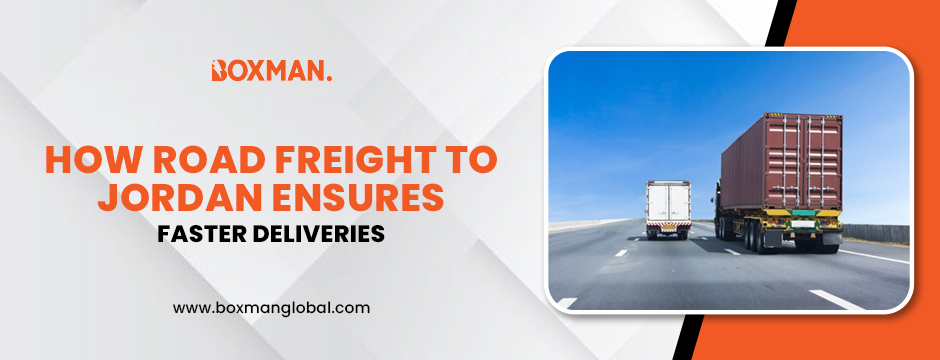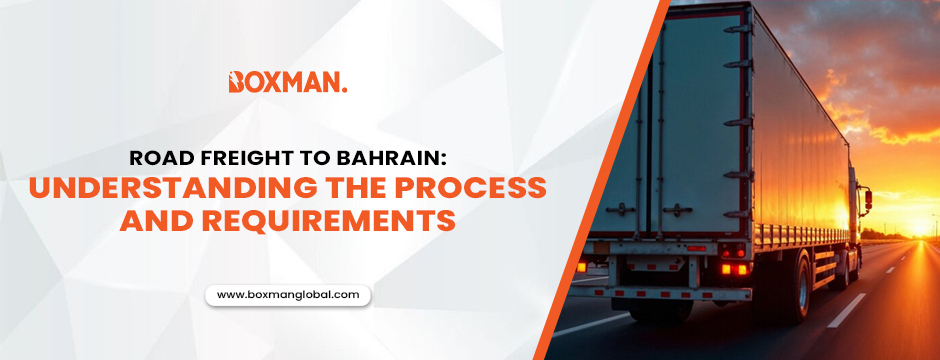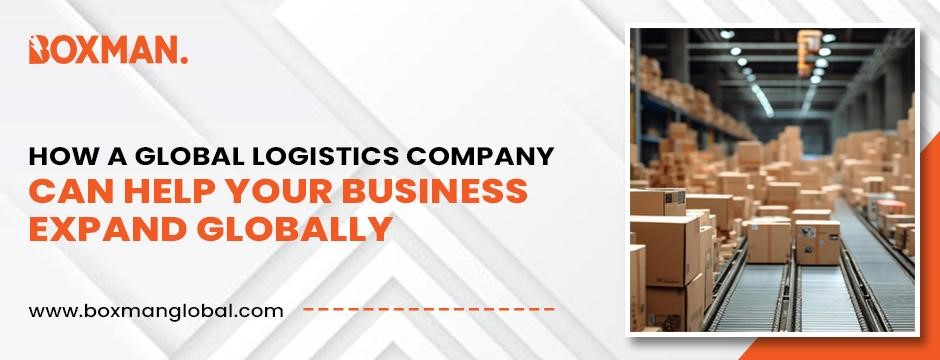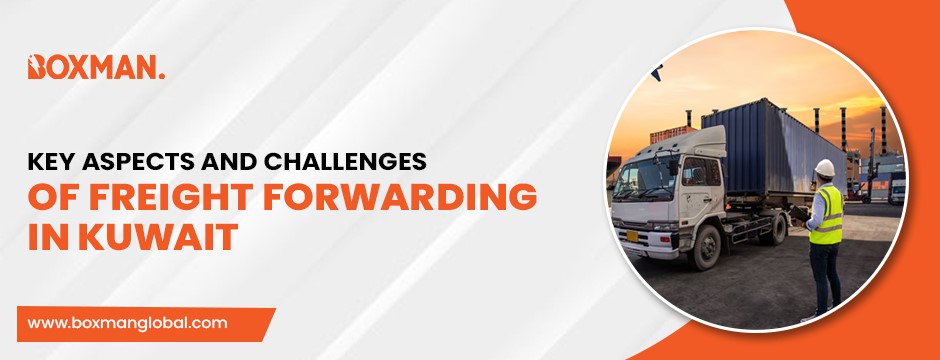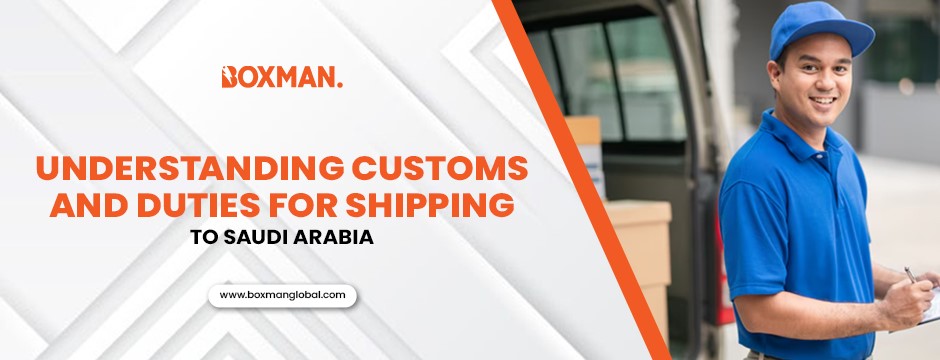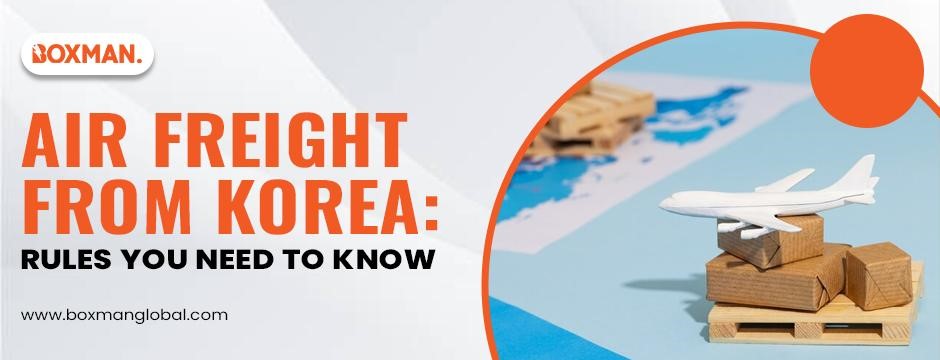
When it comes to air freight from Korea, there are several rules and regulations that ensure smooth customs clearance, secure transportation, and the safe delivery of goods. Navigating through the complex logistics of air freight requires an understanding of the necessary documentation, charges, and guidelines. Whether you are an importer or exporter, familiarizing yourself with the key rules of air freight will help streamline the shipping process. Below, we explore the most important rules you need to follow when shipping goods via air from Korea.
Required Papers for Smooth Customs Clearance
One of the most critical aspects of air freight is ensuring that all the required documentation is in place. The necessary documents for air freight from Korea include:
Airway Bill (AWB): This is a key document in air freight and serves as the contract of carriage between the shipper and the airline. It acts as a receipt for the cargo and a document of title. The AWB replaces the bill of lading for air shipments. It's important to ensure that the AWB is properly filled out with accurate information, including the details of the shipper, consignee, and the flight details.
Import Declaration: This is typically prepared by the importer in Korea and submitted to customs. The declaration contains information about the goods being imported, including their classification, value, and country of origin. Importers should ensure this declaration is submitted in Korean to avoid delays.
Packing List: A detailed packing list helps customs officers inspect the goods more efficiently. It specifies the contents of the shipment, such as the number of packages, types of goods, and packaging materials used. Two copies of the packing list are usually required.
Commercial Invoice: This document is essential for customs clearance as it provides a detailed breakdown of the goods' value, including the price of individual items. It must be accurate and clear, showing the transaction details between the buyer and seller.
Certificate of Origin: Often required by the destination country's customs authorities, this certificate verifies where the goods were manufactured or produced. It helps determine the appropriate tariff rates and can be crucial for some free trade agreements (FTAs).
Letter of Credit or Payment Terms: If the transaction is based on a letter of credit (LC) or other agreed-upon payment terms, this document must be presented to customs. This ensures that the shipper and consignee are clear on how payment will be handled.
Declaration of Value: The shipper is required to declare the value of the consignment on the airway bill. This is crucial for insurance purposes and helps determine the duties and taxes that might apply to the shipment.
Charges and Fees You Need to Know
When shipping goods via air freight from Korea, various charges may apply depending on the nature and value of the goods. Here are some key charges to keep in mind:
Valuation Charge: If the value of the cargo exceeds 22 Special Drawing Rights (SDR) per kilogram, a valuation charge may apply. This is a fee that is usually paid to ensure the shipment’s value is accurately assessed for customs and insurance purposes. The SDR is a unit of currency used by the International Monetary Fund, and the charge is typically a percentage of the consignment’s declared value.
Baggage Shipped as Cargo: In cases where baggage is shipped as cargo, such as when passengers are sending excess luggage via air freight, it is subject to a minimum charge for 10 kg. This charge is typically 50% of the normal General Cargo Rate (GCR). The passenger or their agent is also responsible for ensuring that the baggage goes through customs clearance, which can add an extra layer of responsibility.
Understanding the Different Types of Air Waybills
In air freight, the airway bill is the most essential document, and it comes in several types, each serving a specific purpose:
Master Air Waybill (MAWB): This type of airway bill is used for shipments that are handled by freight forwarders. It includes the name and address of the forwarder, and it is essential for consolidating multiple shipments from different shippers. The MAWB acts as a document of title for the consolidated shipment.
House Air Waybill (HAWB): A House Air Waybill is used when freight forwarders or consolidators issue a separate airway bill for individual shipments within a larger consolidated shipment. The HAWB will list the exact names and addresses of both the shipper and the consignee, providing detailed information for the specific cargo.
Master Air Waybill Single: This is a simpler version of the MAWB, where only one consignee and one shipper are involved. It also includes the names and addresses of the involved parties, allowing for the shipment to move directly from the shipper to the consignee without consolidation.
Practical Considerations About Keeping Things in Order
Lastly, it’s important to ensure that all the required paperwork is in order before shipping. Missing or inaccurate documents can lead to delays, fines, or even the rejection of the shipment. For instance, if the airway bill or import declaration is not properly completed, the shipment may be held up at customs. Always double-check the documents to ensure that all information, such as the value of the goods, consignee details, and shipping instructions, is accurate.
Air freight from Korea offers a fast and efficient method of transporting goods globally, but it requires a thorough understanding of the necessary regulations. By ensuring all documents are in order, understanding the charges involved, and knowing the responsibilities for customs clearance, both importers and exporters can enjoy a seamless air freight experience.
Why Choose BOXMAN Global Logistics for Your Air Freight Needs from Korea?
When it comes to air freight imports from Korea, BOXMAN Global Logistics stands out as a top choice among international shipping companies in Dubai. Specializing in the logistics of air cargo, we offer a streamlined and secure solution to ensure your shipments from Korea are handled with precision and care. Our efficient air cargo handling, speedy and reliable transit, and seamless customs and compliance expertise ensure that your goods arrive on time and hassle-free. With advanced tracking capabilities, you can monitor your shipments at every step, while our competitive pricing models offer affordable rates tailored to your specific needs. Trust in our secure cargo management and professional support team, who are always ready to assist you with any air freight queries. BOXMAN Global Logistics ensures that your international shipping experience is smooth and efficient.
Final Thought
Air freight from Korea is an efficient and reliable method for transporting goods globally, but it requires careful attention to documentation, charges, and customs clearance. By ensuring that all the necessary paperwork is in order and understanding the various charges and air waybill types, you can ensure a smooth shipping process. Partnering with a trusted logistics provider like BOXMAN Global Logistics ensures that your freight from Korea is handled with expertise and care, delivering your goods on time and without complications.
